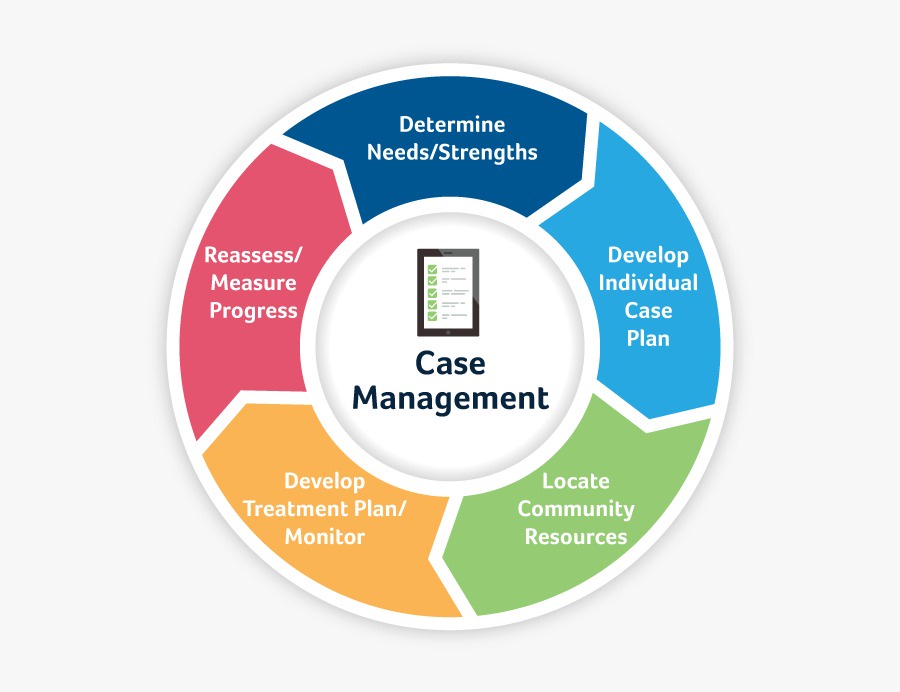When it comes to helping our society in the most organized manner, especially those members who have been vulnerable in recent times is a daunting task. You need professional courses and training to be able to lend a helping hand to all those who are looking for an effective comeback to society and have been previously subjected to substance abuse, sexual abuse, homelessness or any kind of mental or physical challenges that have taken away their routine lives.
Critical Time Intervention (CTI) training and case management are essential tools for helping these individuals regain control of their lives and work towards stability and self-sufficiency; here, we will explore the key benefits of critical time management for vulnerable members of society and how CTI training and case management play a vital role in this process.
Stability and Housing Retention
One of the primary benefits of critical time management for vulnerable individuals is the attainment and retention of stable housing. Homelessness is a pervasive issue in many societies, and for those experiencing it, finding and maintaining a stable place to live can be a daunting task. CTI training equips case managers with the tools to support their clients in securing housing and, most importantly, retaining it.
CTI-trained case managers work closely with their clients during the critical transition from homelessness to housing. They help them create budgets, manage finances, and establish routines that promote stability. Through consistent monitoring and support, clients are more likely to keep their housing, reducing the risk of returning to homelessness.
Improved Mental Health
Vulnerable individuals often struggle with mental health challenges, which can significantly impact their ability to manage their time effectively. Critical time management, coupled with CTI-trained case managers, can lead to improved mental health outcomes.
Case managers help clients access mental health services and create routines that prioritize self-care. They assist in scheduling therapy appointments, ensuring clients take prescribed medications, and teaching coping strategies for managing stress and anxiety. As clients gain better control over their time and mental health, they are better equipped to address the root causes of their vulnerability.
Substance Abuse Recovery
Many vulnerable individuals also grapple with substance abuse issues, which can further complicate their lives. Effective time management is crucial in the journey to recovery, as it helps individuals maintain sobriety and make healthier choices.
CTI-trained case managers provide support and resources for clients seeking substance abuse treatment. They help clients create daily schedules that promote sobriety and provide strategies for managing triggers and cravings. With the structure and accountability that critical time management provides, clients have a higher likelihood of successfully overcoming their addiction. With time and proper management, the chances of relapse of substance abuse are also reduced.
Enhanced Social Connections
Isolation and social disconnection are common challenges for vulnerable members of society. Critical time management interventions foster improved social connections, which are vital for emotional well-being and a sense of belonging.
Case managers encourage clients to engage in positive social activities, such as joining support groups or participating in community events. They help clients build a network of supportive friends and acquaintances, reducing feelings of loneliness and isolation. By managing their time effectively, clients can allocate more hours to social interactions, leading to improved overall happiness and well-being.
Increased Employment Opportunities
Stable employment is a crucial factor in achieving self-sufficiency for vulnerable individuals. Critical time management skills, when combined with case management, can open up doors to meaningful employment opportunities.
Case managers assist clients in developing job search strategies, creating resumes, and practicing interview skills. They also help clients manage their time to balance work and personal responsibilities effectively. With these skills and support, clients are better prepared to secure and maintain employment, increasing their financial independence.
Reduced Reliance on Emergency Services
Vulnerable members of society often rely on emergency services for their immediate needs, such as shelter and food. However, critical time management interventions can reduce this reliance over time.
Through CTI training and case management, clients learn to plan and manage their resources more efficiently. This includes budgeting for basic necessities and accessing community resources like food banks and social services. As clients become more self-sufficient, their dependence on emergency services decreases, freeing up these resources for others in need.
To conclude, it could be said that for every society that is looking to improve the living of all the members of society. Critical time management is a transformative tool for vulnerable members of society, offering a path to stability, improved mental health, and self-sufficiency. CTI training and case management play a pivotal role in helping individuals navigate their way out of homelessness, addiction, and other challenges, making sure that everyone gets an equal and important opportunity for the members of society.


No comments yet